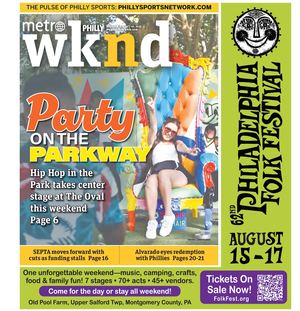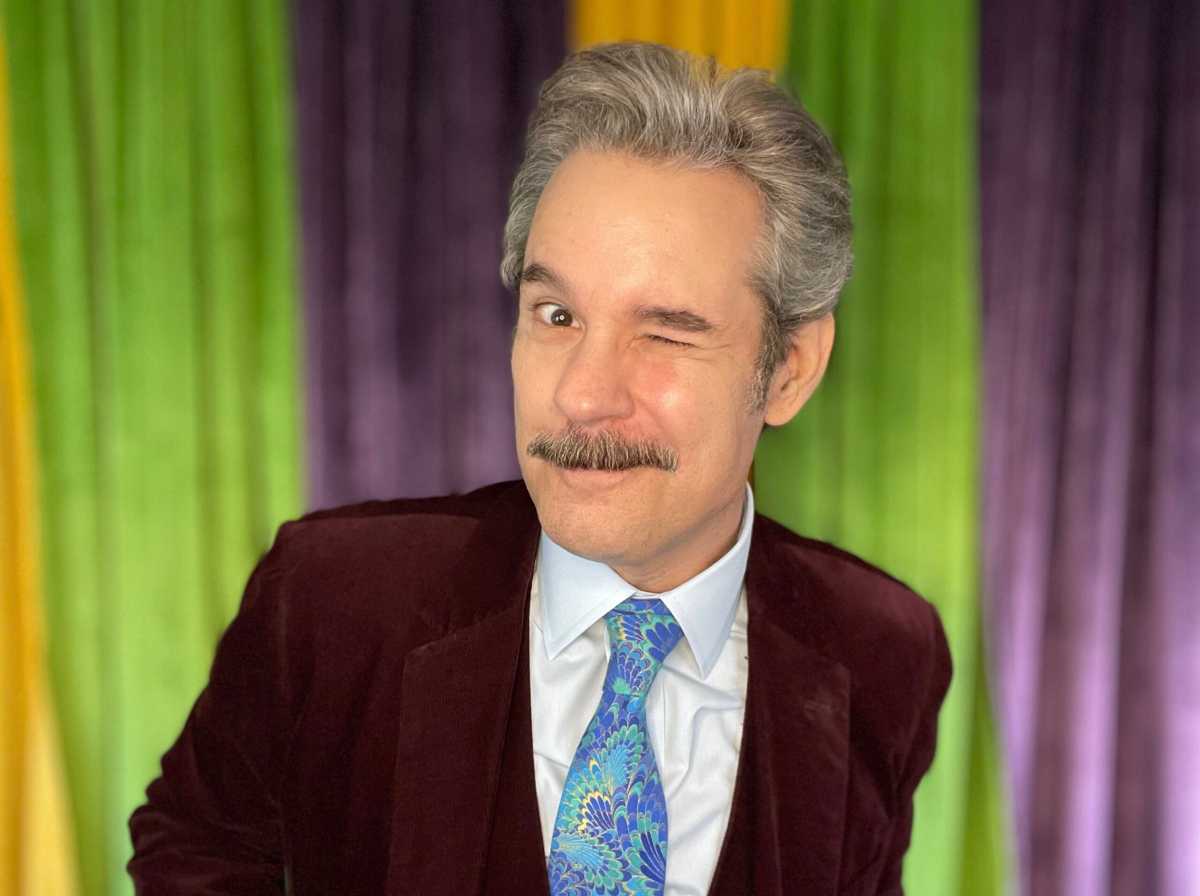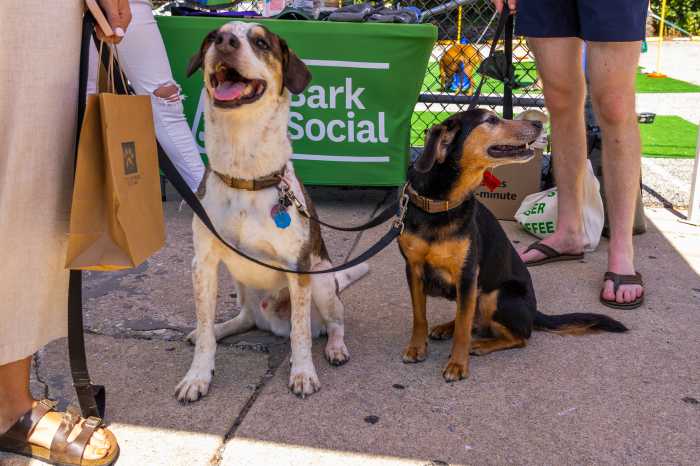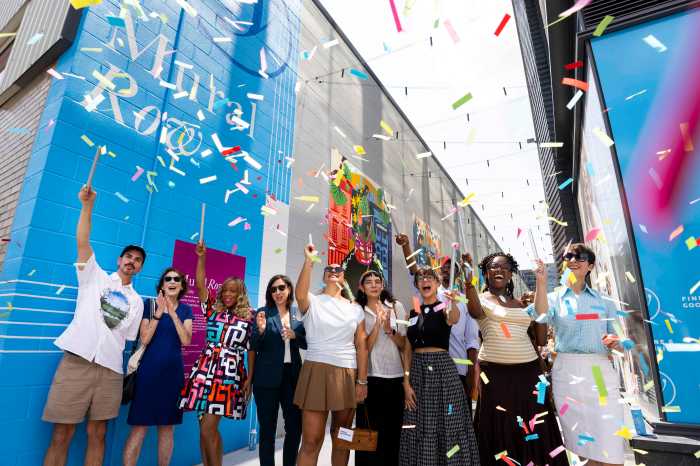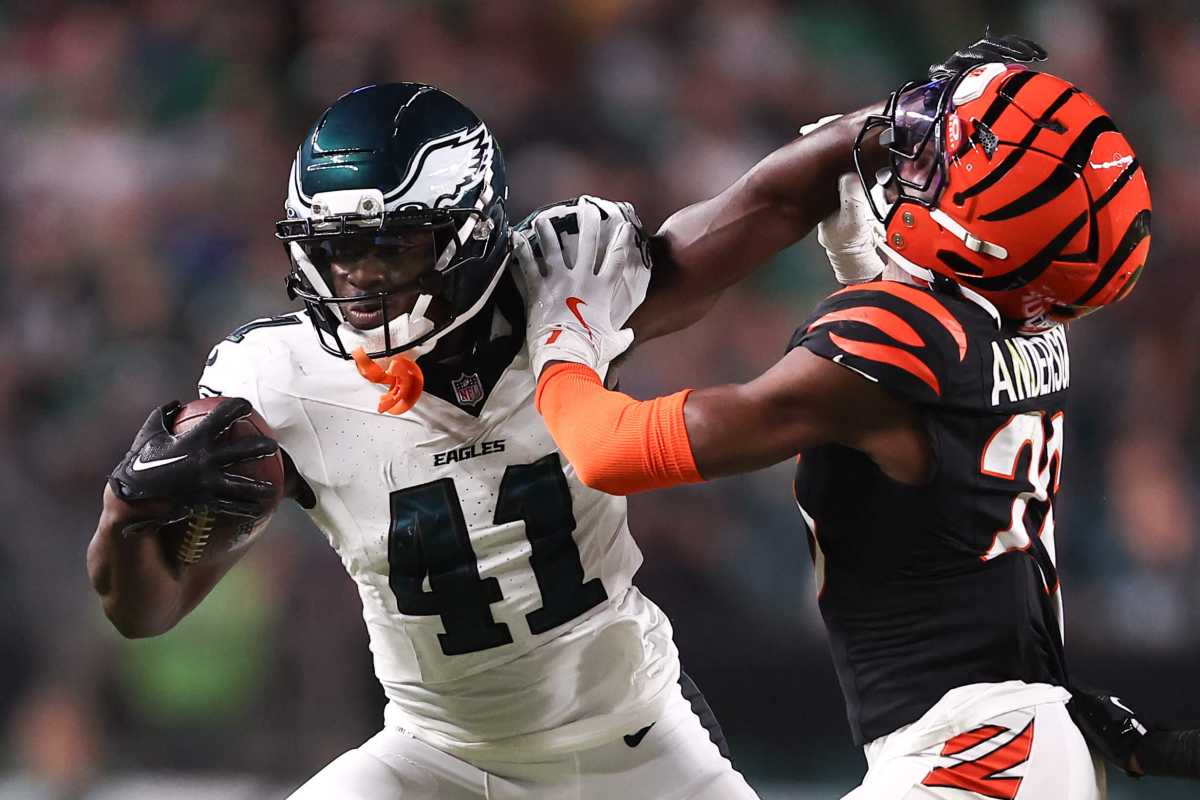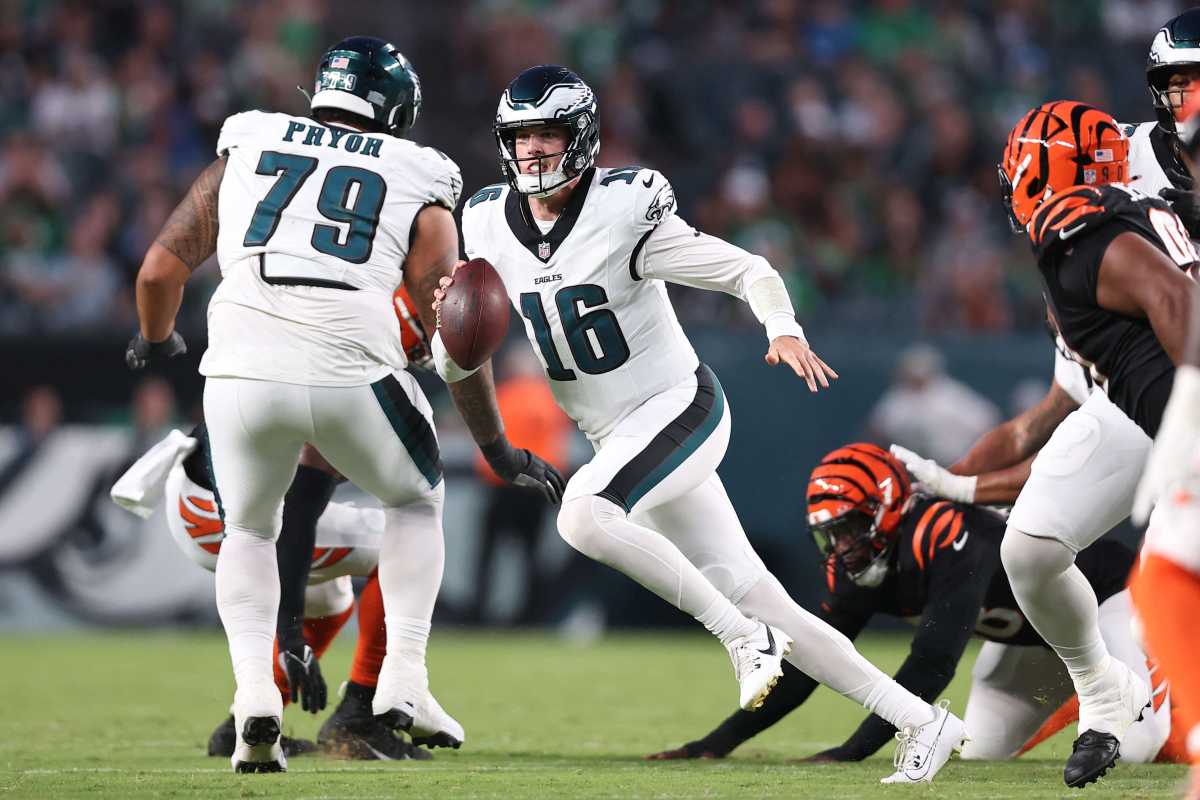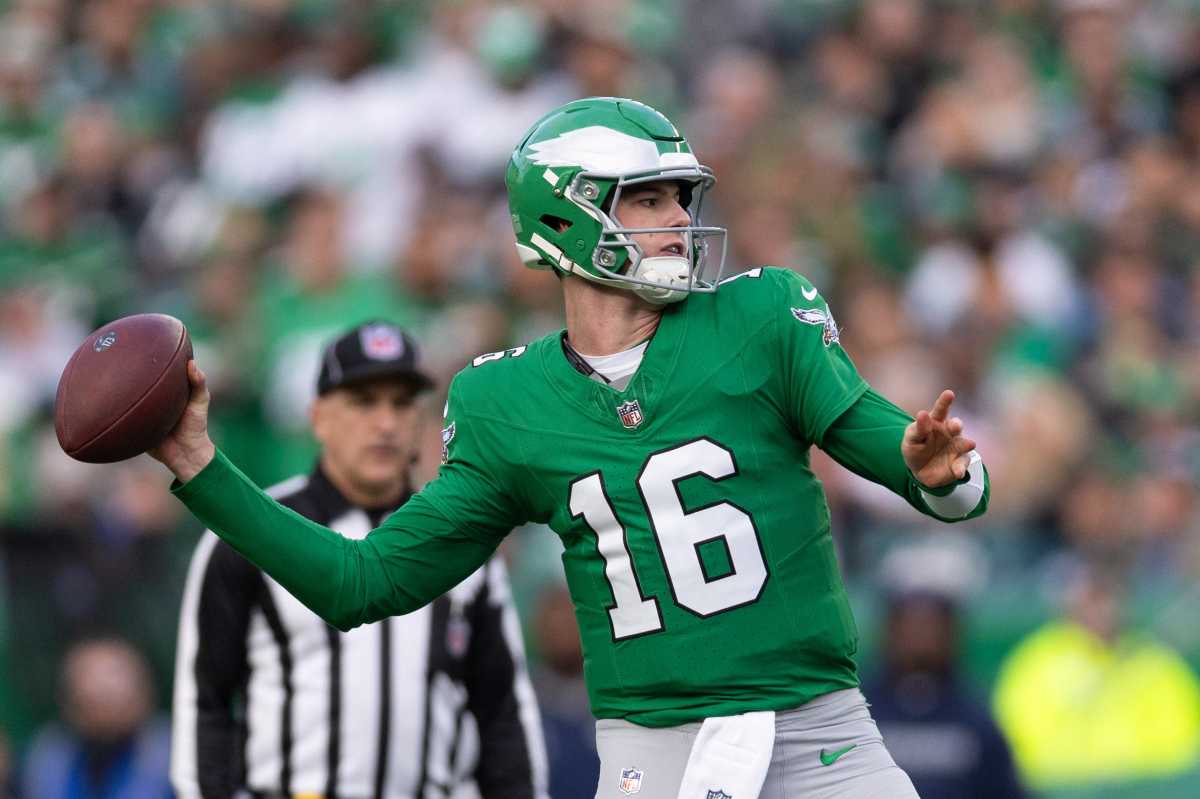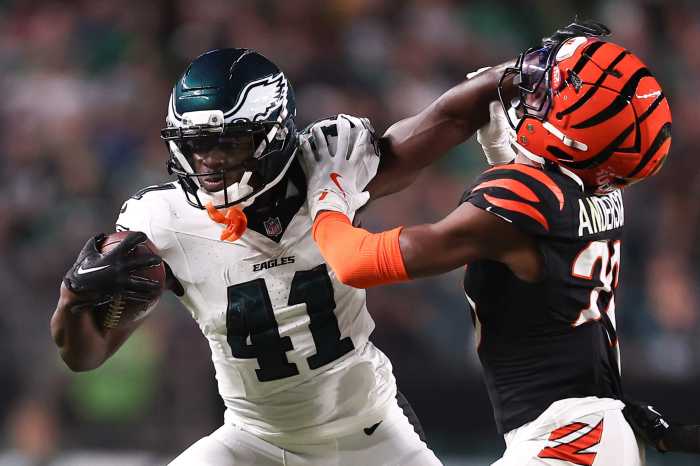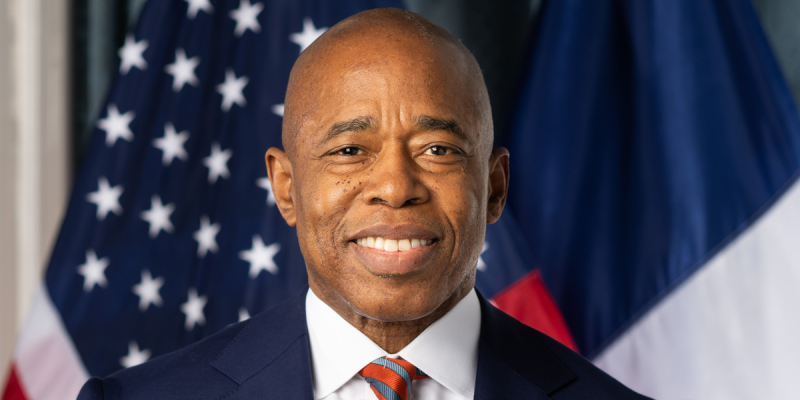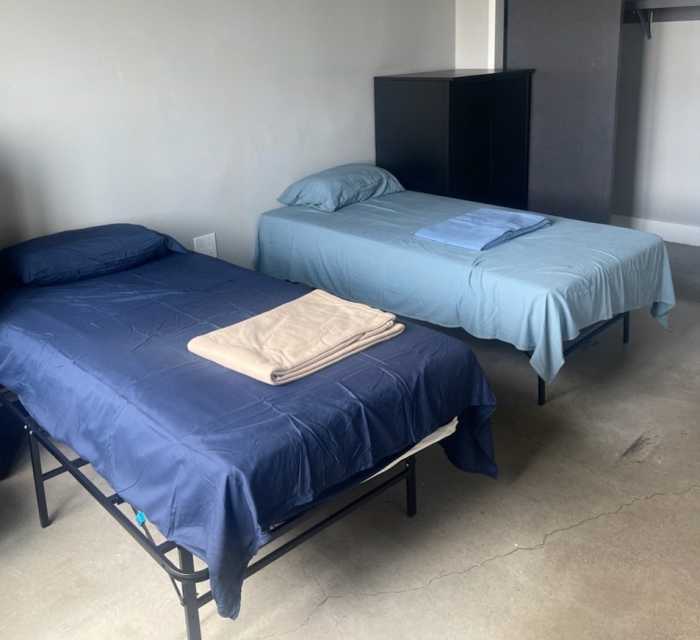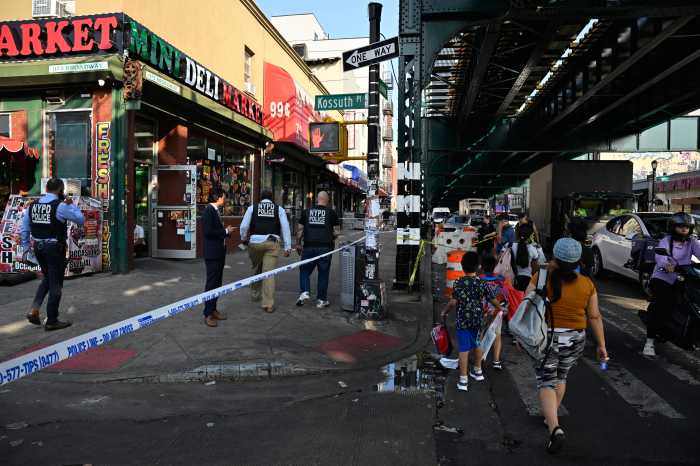Forever beloved for a distant comedy style smartly informed by pop culture and absurdly satirical, Mount Airy-born stand-up and sketch man Paul F. Tompkins — famous for his work on VH1’s ‘Best Week Ever’, the ‘Comedy Bang! Bang!’ podcast and acting gigs such as Max’s ‘Curb Your Enthusiasm’ — has changed lanes. When you catch Tompkins on his return trip home at Underground Arts this weekend, June 16 and 17, for his Varietopia showcase, you’ll find that his stand-up and sketch comedic work has grown richer, deeper and more personal.
Metro spoke to Tompkins about changes in attitude and altitude.
You’ve been doing comedy, live and on film, for a minute. Existentially, what does the art of comedy mean now, that it couldn’t at its start?
Comedy is such an ingrained part of my life, and always has been, that it makes me me. I can’t imagine me without comedy. When times are tough and not going my way, I think about what other possible job could bring me joy or I enjoy doing and I can’t think of one. But comedy has brought me more joy than pain. When my wife and I fantasize about us retiring – which I don’t believe is ever in the cards – I can’t NOT identify with my work. Which is probably unhealthy.
How would you say that your comedic voice or style has changed over the years?
My comedic style has grown more personal and less conceptual, for sure. It’s much more about me, speaking as me, and not hiding behind any ironic remove. It’s actually where I always wanted to be, but I had to figure out how to do it – that comes not only with gaining experience in comedy, but in life, to grow as a human being.
Do you remember when that change occurred within your comedy?
My third album, ‘You Should Have Told Me’, had longer material, and was more conversational in my voice. In the wake of my mother dying, I made a decision to start talking about such stuff and figure out a way to make it funny. I had allowed myself to talk about painful things in ways I had not before.
How does one break down the concept of personal loss to make it comfortable and humorous for others?
Comfortable is actually the right word. I began to approach things in a more thoughtful way that either people could not relate to, or could easily relate to.
You had to make comedy less of an intellectual enterprise and more of an emotional one?
I had to make it OK for everybody. I wasn’t going to bum people out. I wanted them to know they could trust me to be entertaining and interesting and not just sad. There is a lot of great gallows humor out there regarding the death of a loved one. I had to remember what really made death sad for me. When a parent dies, it is a huge shift of your entire universe – there were things I didn’t dwell on for people who hadn’t lost parents, but feared that loss in the future. You don’t want to give spoilers. It was important for me to be mindful of other people’s feelings. It was a huge and humbling thing to bond with people over that, that I could bring some sort of catharsis.
How are you able to bring audiences, who are used to your usually ironic humor, along into this next phase?
I think irony and absurdity will always be there, as it is endemic to my performance style. The trick is doing my new material in the style that I most enjoy performing in. I don’t want to just go for EMOTION. To me, if it’s stand-up, it always has to be comedy. I’m always trying to entertain…. Remember, the first person who laughs at the comedian’s jokes is the comedian themselves. It has to strike me as funny, as something worth sharing. Then the task becomes translation – how to make the thing that amused me amuse an audience.
What do you recall about the first comedic moment that you ever got paid for?
I do remember coming up in Philly and trying to get one-night gigs or open mic slots in town and in the suburbs. I do remember that my home club then, Comedy Works, had a Thursday night thing where performers got paid – the money was not a lot, but getting on the stage was. It was the feeling of legitimacy, of getting paid to do what I loved. Also, that meant that I was on my way up, on my journeyman career rather than my apprenticeship. That was a great feeling.
Paul F. Tompkins will perform at Underground Arts June 16 and 17. For information and tickets, visit undergroundarts.org
